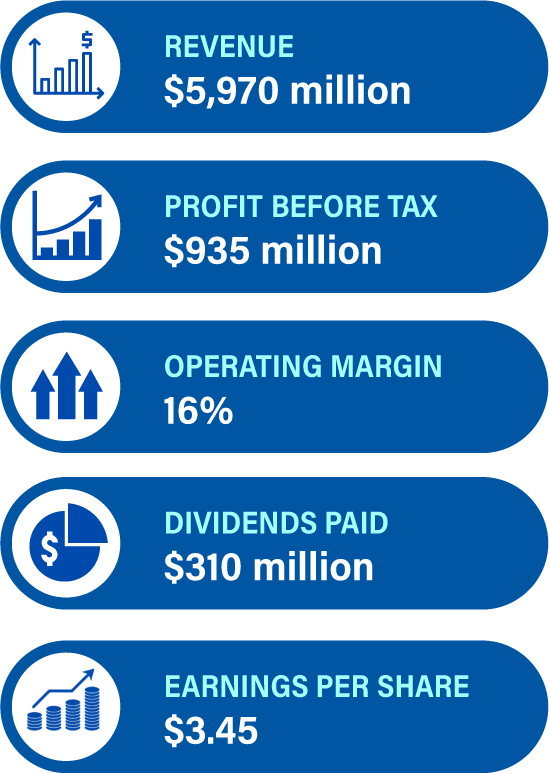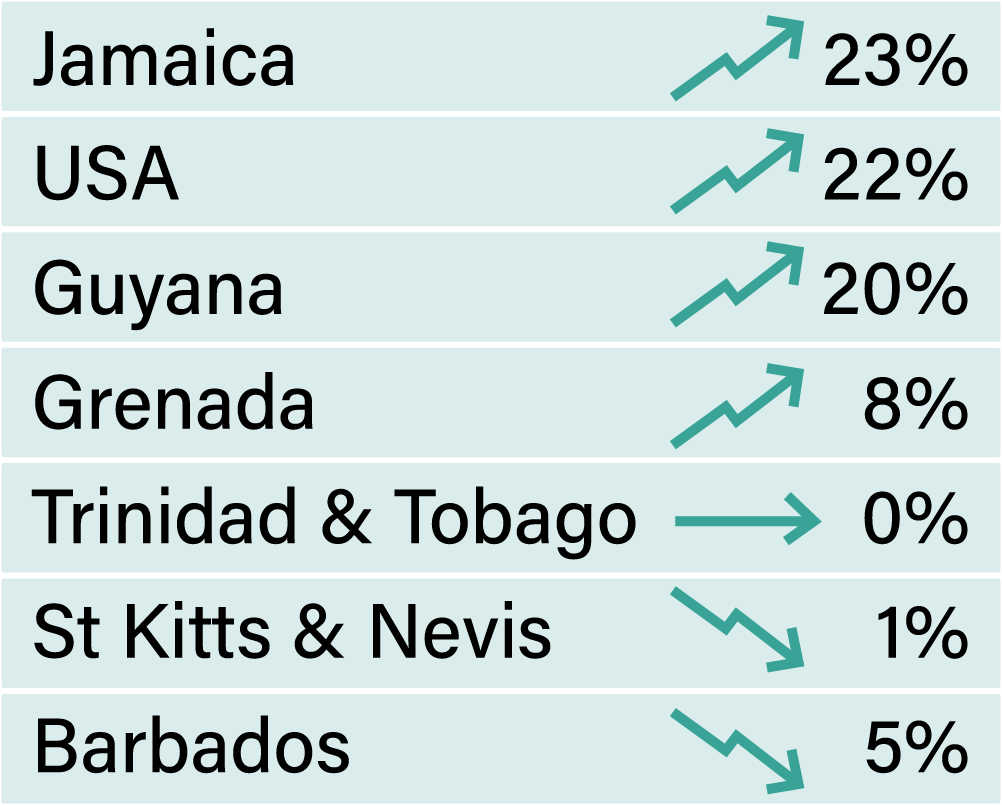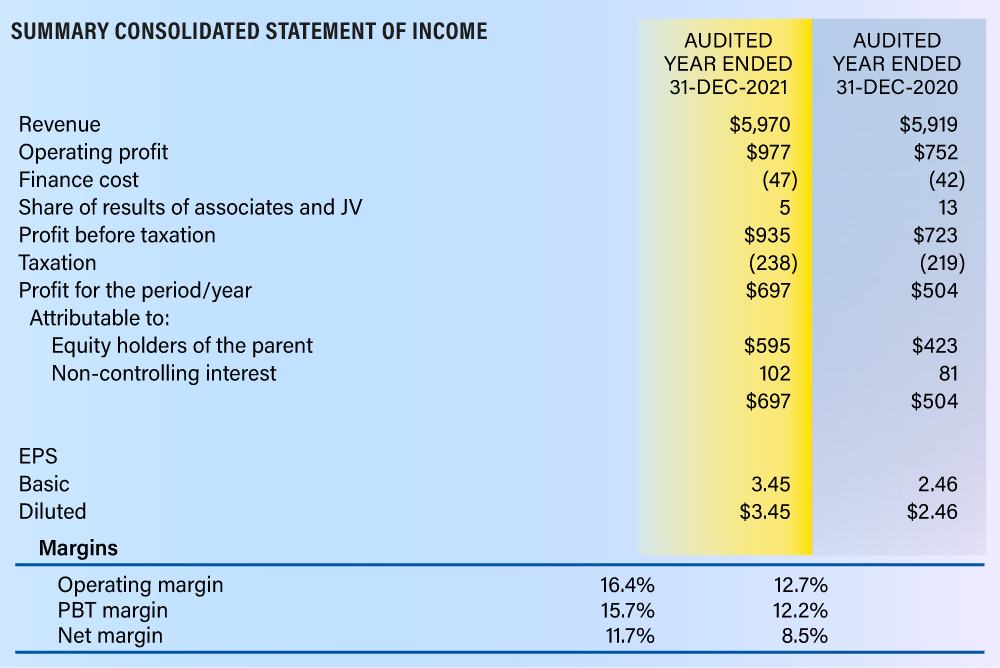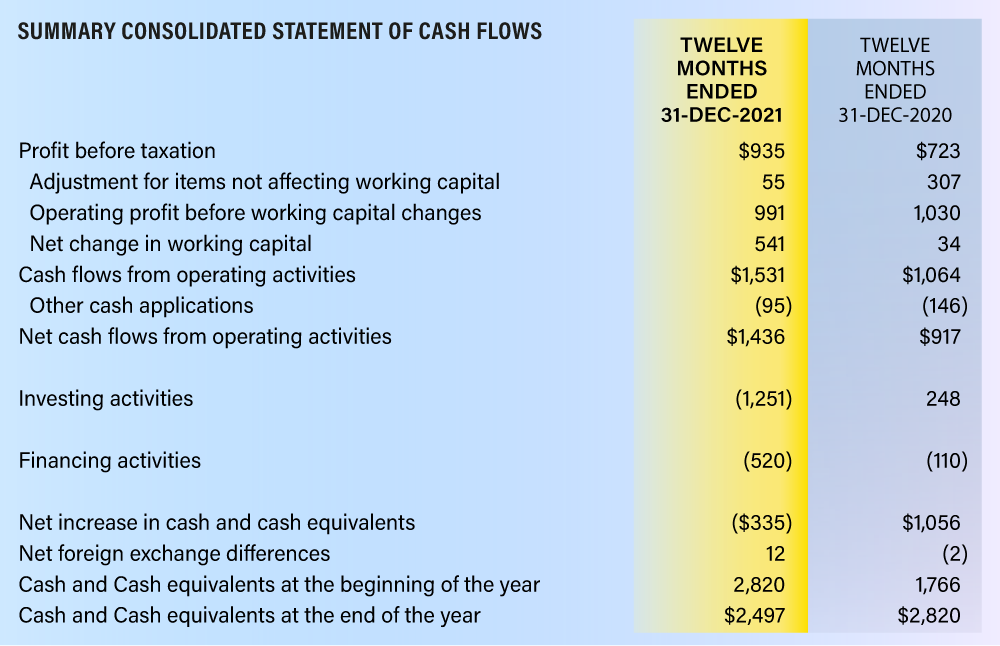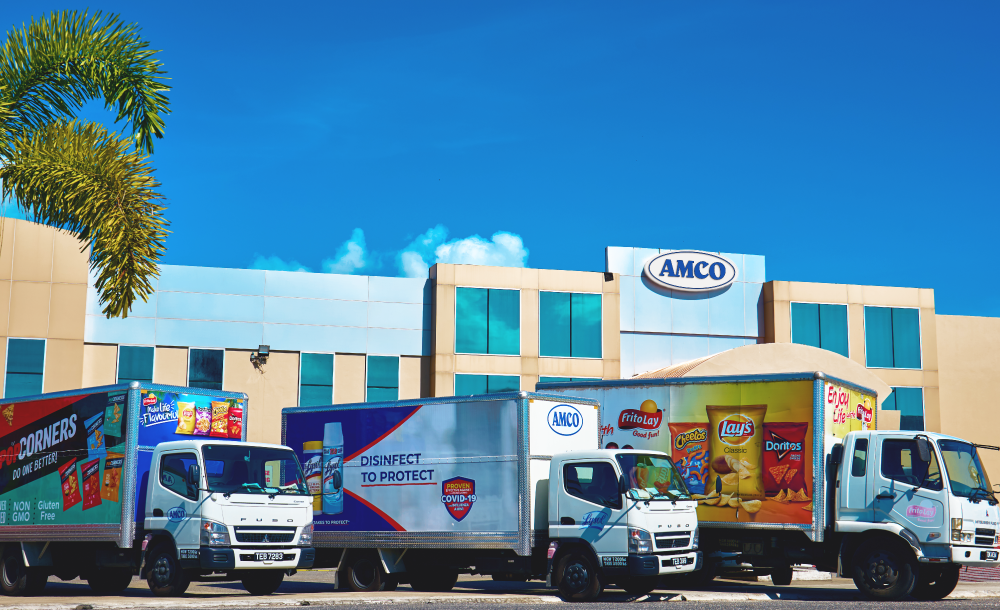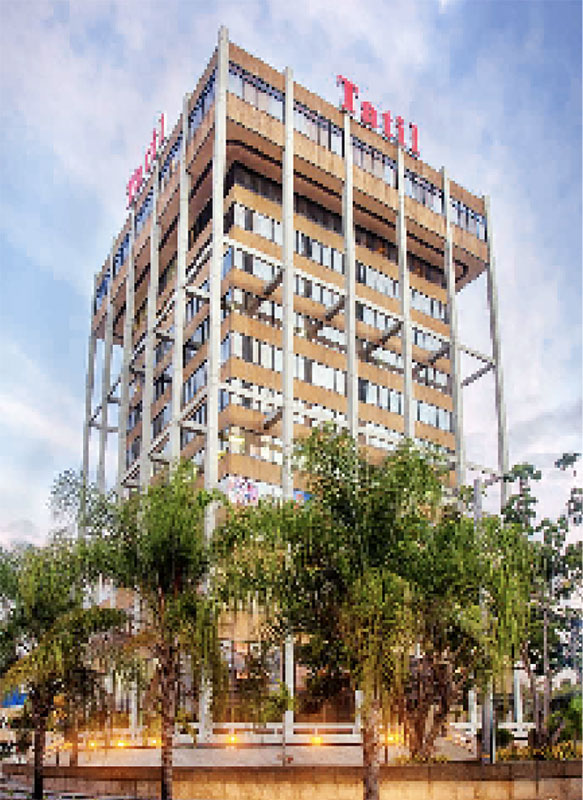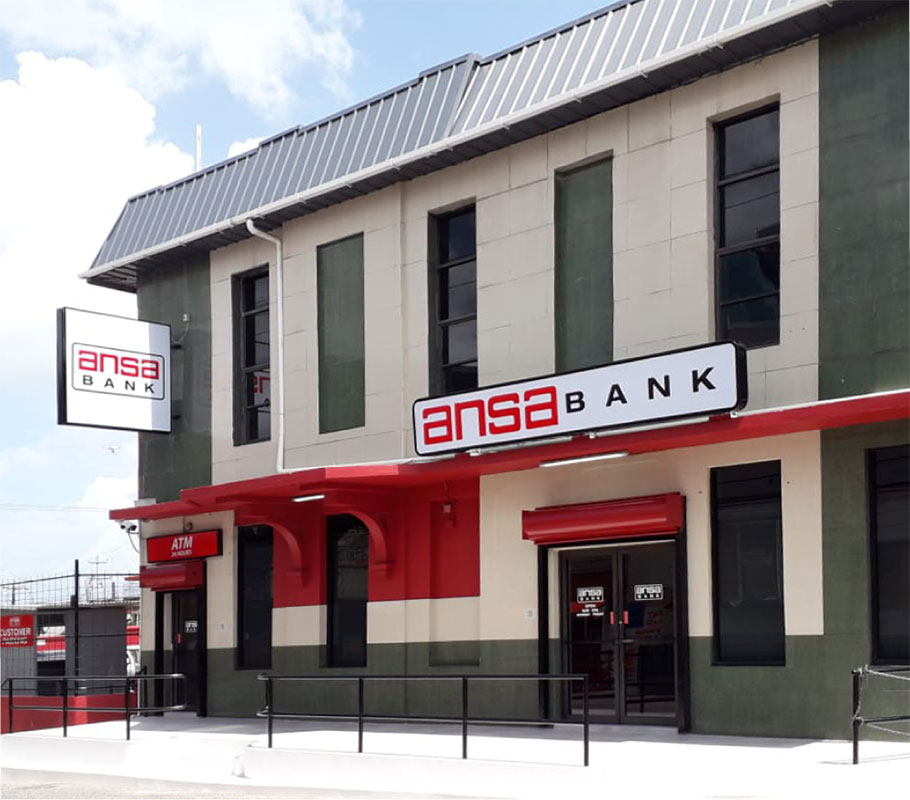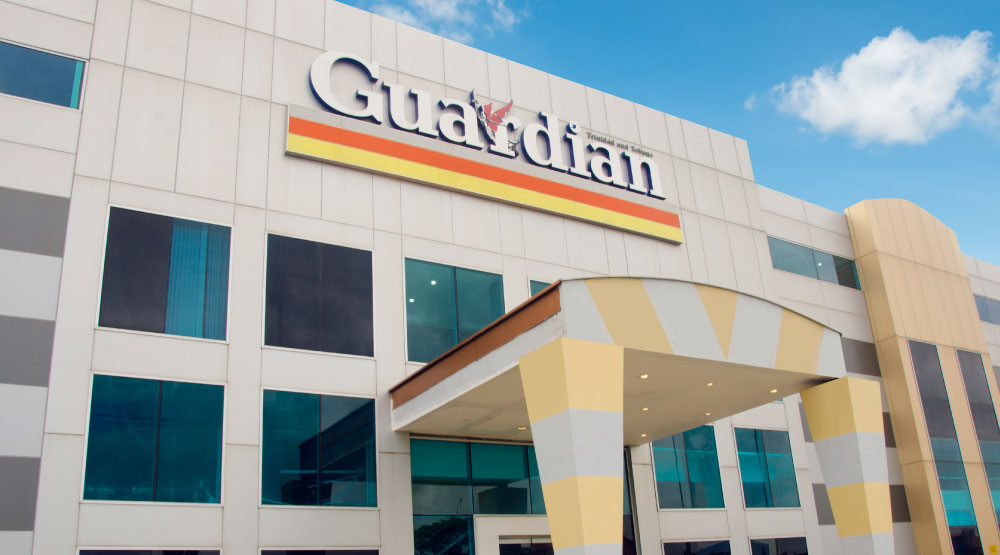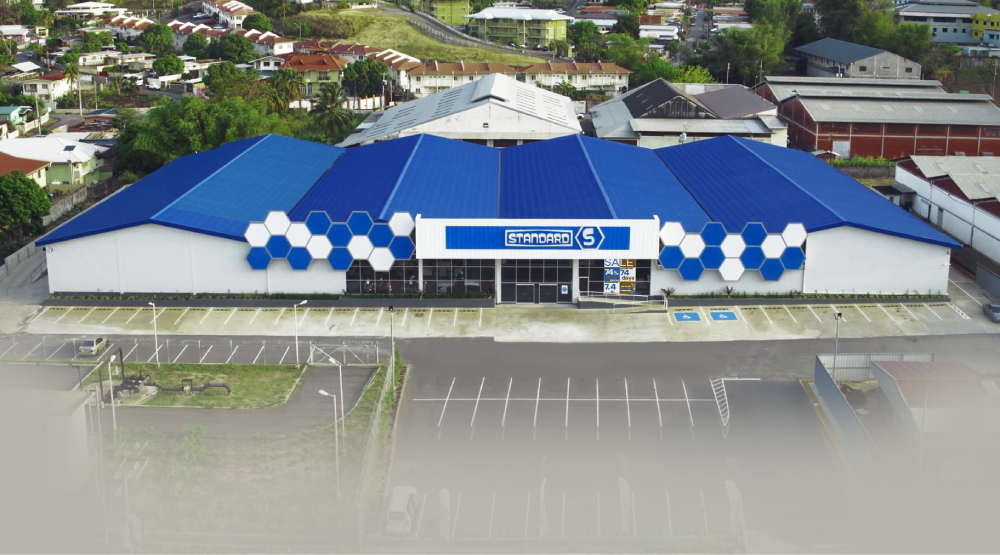COVID-19/Business Continuity Risk.
The operating environment of the Group was dominated by the social and economic impacts of the COVID-19 pandemic. The threat posed by COVID-19 required us to respond with new operational measures such as social distancing, staff rotation, remote working, and additional sanitisation protocols. The effectiveness of our comprehensive business continuity plans and our ability to respond to unexpected risks and communicate with key stakeholders were tested.
Supply Chain Risk.
The impact of COVID-19 and more recently the Russia/Ukraine conflict have significantly impacted global supply chains and have resulted in material cost increases, production capacity impacts, demand volatility, logistics route constraints and increased transportation and freight costs. The Group mitigates this risk by ensuring robust contracts and clauses are in place and closely monitoring inventory levels and reserves.
Investment & Credit Risk.
This is concentrated in the Financial Sector and is actively managed by Investment and Credit Risk Committees. Each month, the various committees meet to review the recoverability of investment and appropriate provisions taken in accordance with policy and regulatory requirements. Throughout 2021, the pandemic precipitated changes in consumer and business behaviours and restrictions on economic activity, which have negatively impacted the global economy and could continue to negatively impact our consumer and commercial credit portfolios. Accordingly, we maintained a heightened allowance for credit losses as a result of the expected macroeconomic impact of COVID-19, which has adversely affected our results of operations. As at 31st December 2021, all necessary provisions and impairments have been reflected in the consolidated financial statements.
Strategic Risk.
Strategic risk is the uncertainty and untapped opportunities created and affected by internal and external events that may inhibit the achievement of the Group’s strategic intent and strategic objectives. During the year, we mitigated strategic risk by adopting best practice strategy development methodology consistently across the Group and implemented strategy with clear actions, performance targets and metrics.
Geopolitical Risk.
Our businesses and revenues derived from non-Trinidad & Tobago jurisdictions are subject to risk of loss from financial, social or judicial instability, changes in governmental policies or policies of central banks, expropriation, nationalization and/or confiscation of assets, price controls, high inflation due to currency fluctuations, natural disasters, the emergence of widespread health emergencies or pandemics, capital controls, currency redenomination risk, exchange controls, unfavourable political and diplomatic developments, oil price fluctuations and changes in legislation. We continue to work collaboratively and support all governments and the countries in which we operate and will increase our monitoring of the economic climate. As a Group, we take seriously our compliance with the respective laws of every territory with which we conduct trade and factor in the growing country risk into our future investment planning.
Credit Risk.
Certain jurisdictions in which we do business have been or may be negatively impacted by slowing growth or recessionary conditions, market volatility and/or political or civil unrest. The pandemic has had a severe negative impact on global GDP, and the global economic environment remains challenging even as output has begun to improve. Economic weakness may prove persistent, and this risk is heightened in the CARICOM region particularly Trinidad & Tobago and Barbados which are experiencing contractions in government and consumer spending as well as less than timely receipt of payment for government receivables. Each subsidiary has a process around the granting of credit and there is Board oversight of the process. In cases where provisions are taken, debts are still pursued and where necessary, legal action taken to enforce recoverability.
Cybersecurity.
With increased prevalence of digital platforms and inter-connectedness, our risk and exposure to cyber-attacks remain heightened because of, among other things, the evolving nature and pervasiveness of cyber threats, our prominent size and scale, our geographic footprint and international presence, our companies’ exposure to and reliance on networked systems and the internet, and our role in the financial services industry and the broader economy. The Group mitigates cyber risk by maintaining protective measures including training, backup systems and other safeguards to support our operations and bolster our operational resilience, including periodic third- party evaluation of our Group’s cybersecurity risk program. Although to date we have not experienced any material losses or other material consequences relating to technology failure, cyber-attacks or other information or security breaches, there can be no assurance that our controls and procedures in place to monitor and mitigate the risks of cyber threats will be sufficient and that we will not suffer material losses or consequences in the future.
Availability and pricing of hard currency.
This remained one of the biggest risks impacting the Group’s ability to grow and to manage increased input costs. The Group has positive, long-standing relationships with its principals and has negotiated favourable credit terms and this has assisted in managing the current situation. In Trinidad & Tobago and Barbados, we experience significant constraints in securing US currency. We have the currency (in Trinidad & Tobago dollars) to consummate almost any transaction or acquisition, however the challenges to purchase foreign exchange has forced us to borrow and has increased the cost of doing business. Also, though our leverage is low, the repayment of hard currency loans is also impacted by unavailability of hard currency.
Illegal Imports/Parallel Trade.
Illegal imports and parallel trade impact local content and employment. We have had to actively engage stakeholders to help contain illegal imports, dumping and contravention with local labelling standards. Such imports do not just impact the growth of the Group but also the activity evades the taxation net and is a source of revenue leakage for the host government. We are working with regional Governments to introduce greater enforcement and/or regulatory change as
necessary.
